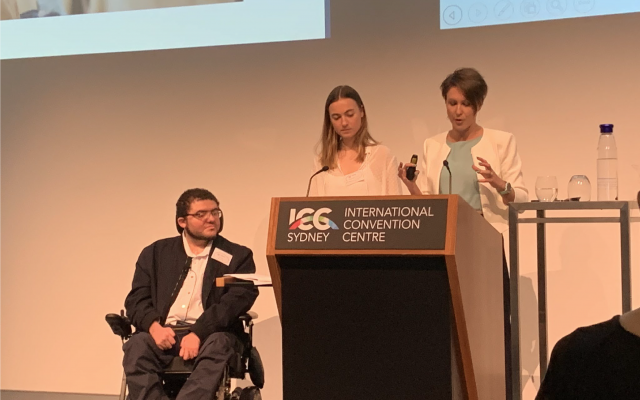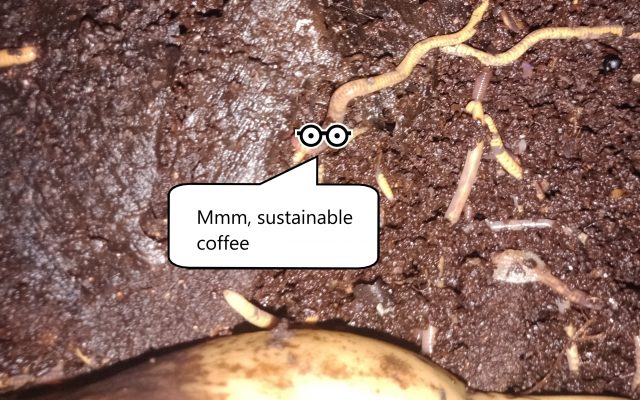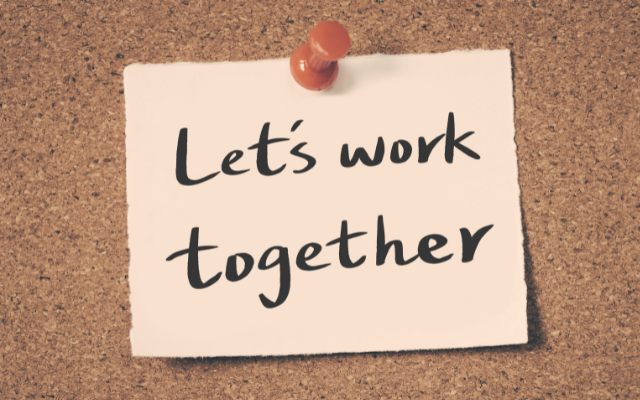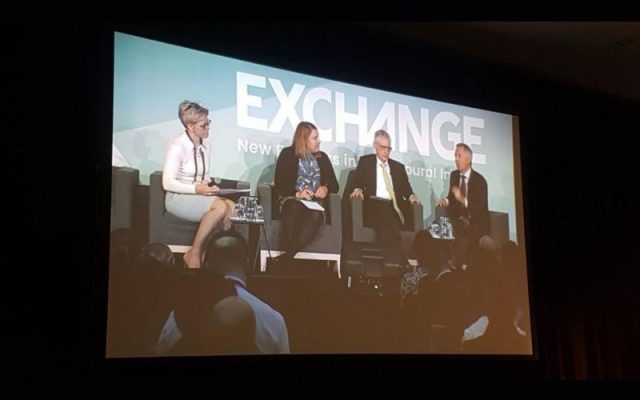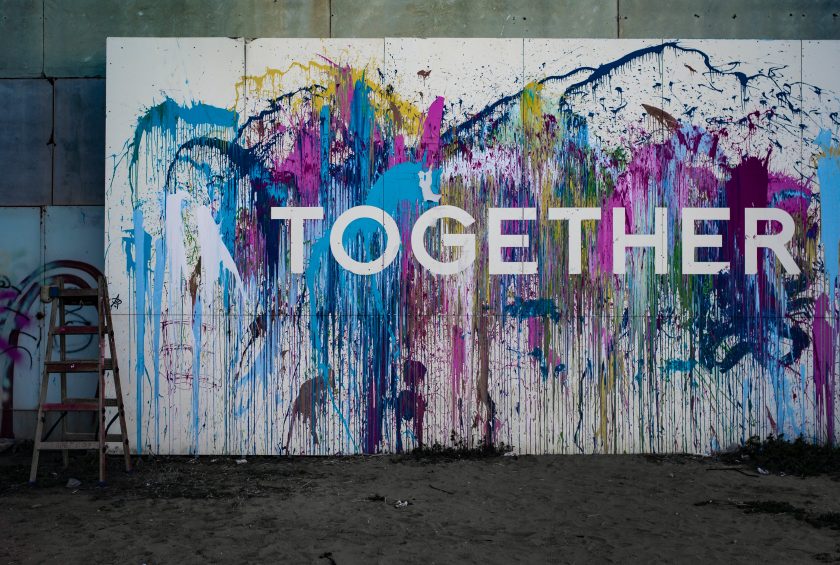
Business as unusual: making inclusive choices
In the past few months, we’ve all been rapidly adjusting our programs, research, evaluation and communications in response to Australian Government social distancing restrictions.
As they begin ease, it’s a good time to reflect on how inclusive our choices have been, the challenges we’ve encountered and what we’ve learned and might want to take forward into our regular practice.
Last week, in our fourth Business as Unusual online discussion, we were joined by a panel of people with lived experience of working in inclusion: Jo Farmer, Simon Green, Julie Duong and Therese Kennedy.
It was a rich and deep conversation. Here’s a summary of what we learnt. You can access the close captioned video from the webinar.
Ask. Don’t assume.
While there may be concerns about overburdening people deemed ‘vulnerable’ in a crisis, if we make assumptions rather than asking them what their needs are and what they want, we risk misdirecting our efforts and disempowering people in the process.
Simon described how he and his team recognised that young people themselves were in the best position to inform them what was important to them, so they put together a working group of young people to guide their response.
As both Julie and Jo identified, it’s important to recognise the skills and capacity of people with lived experience not only as participants but also as facilitators and evaluators.
I think you’ll see that in certain communities, there are leaders or role models that emerge, and I think it’s really important to build that all, start involving them in organisation and including their feedback at a higher level so they really start to feel valued. (Julie)
If we assume, we might get our response wrong. For example, as our colleague Don Bemrose put it when referring to the pandemic response to Aboriginal and Torres Strait Islander communities, extending the bio-security act to only affect the movements of Aboriginal people located in specific communities in Queensland might be considered a paternalistic response.
In short, people are experts in their own lives. They are still experts, even in a crisis.
Choose the right platform for your stakeholders.
Online communication, program delivery and evaluation should be an option. Simon, who has been delivering an online leadership program for young people with disability, noted these platforms should continue to be used. Cleverly implemented, online platforms can increase access. But, if we assume we know what will work and remove choice, these platforms can also exclude.
Just assuming that the same approach is going to work for everyone when we absolutely know it’s not going to… There’s an assumption that online platforms like Zoom are a tool for access, but equally they can be a tool for exclusion… one of the other risks is that we’re only able to engage with those people who have already been engaged, so we’re only able to reach people whose email addresses we already have to send them a Zoom link. (Jo)
It also means thinking creatively. Just because it’s not face to face, doesn’t mean it has to be online and just because you’ve used that channel once doesn’t mean it should be the only channel. The Information Access Group developed an Easy Read magazine for people with disability, which is available online and in print. Likewise, the community centre Therese supports has put together tailored print and online newsletters.
I think it’s like looking at your target audience, but really breaking that down and saying who is my audience, how do they want us to communicate with them, and there’s various ways we can communicate with people, as we’ve discussed, but that could change from maybe day to day, week to week. You have done a Zoom meeting, but then you decide to pick up the phone or pop an email, so further engage but in various ways, not the same way all the time. (Therese)
It’s about engaging on the platforms your stakeholders engage on. For example, the Chinese community Julie works with use platforms like WeChat. When your stakeholders prefer face-to-face engagement (or when this is how you usually deliver your program or research), it’s important to think carefully about how you create rapport and build trust in a different medium. Again, you can’t assume trust will be easily built in other modes.
Apply an equity lens to make inclusive choices.
It’s important for evaluators to consider the lens through which they evaluate. As Jara Dean-Coffey suggests in her journal article on equitable evaluation: ‘Evaluation can become not only a means of assessing the “merit” or “worth” of an intervention of the collective strategy of a foundation and the ways in which that intervention contributes to equity, but evaluation can also become a tool in the service of equity.’
For evaluation to have this role, among other things, we need to unpack our definitions of “evidence, knowledge, and truth.”
Jo pointed out the power dynamics that exist in evaluation and how important it is to consider them when working with people with mental illness. For example, Jo has written about how self-stigma can lead people to “undervalue their knowledge and experiences in the company of ‘experts’.”
Considering other ways of knowing is also important for equity. Our webinar was held in National Reconciliation Week, so learning from and valuing Indigenous Knowledges in evaluation.
Modifying our approach and methods to suit the cultural context is an important step towards equity.
Take what we’ve learned
We’ve learned a lot over the past few months. Things we were previously told were impossible, have proved possible. Now it’s time to take that forward.
Even though we don’t as a group of people, as humans, like change, we are actually really, really adaptable and we demonstrated that by responding to this so well… I don’t want us to all back slide and lose the gains we made. (Simon)
But, just because the crisis is easing, doesn’t mean everyone is or will be okay.
The challenges we’re facing are not going to end when we’re all able to see each other and hang out in cafes and go to the gym and all those kinds of things again, like these are real challenges that will continue to persist in people’s lives even when Covid dissipates, and subsequently challenges us as evaluators to work out how we work with those. (Jo)
Engage purposefully
More than ever, government and non-government organisations are expected to engage with their stakeholders to understand challenges and shape solutions. In the last few months, we’ve had to shift our engagement online and the need to do so may continue beyond social distancing restrictions.
So how do you develop purposeful engagement strategies? When should you use digital or online or virtual engagement? And, what works to achieve broad and deep engagement?
Join us next week for an interactive conversation with Amelia Loye, Founder and Managing Director of Engage2. Tap into the expertise she has gained over 17 years of helping governments and organisations in Australia, New Zealand and Canada understand communities and engage stakeholders in the design and delivery of policy, digital transformations, programs and services.
You can register for the webinar here. If you would like to download a flyer to share with others, click here.

